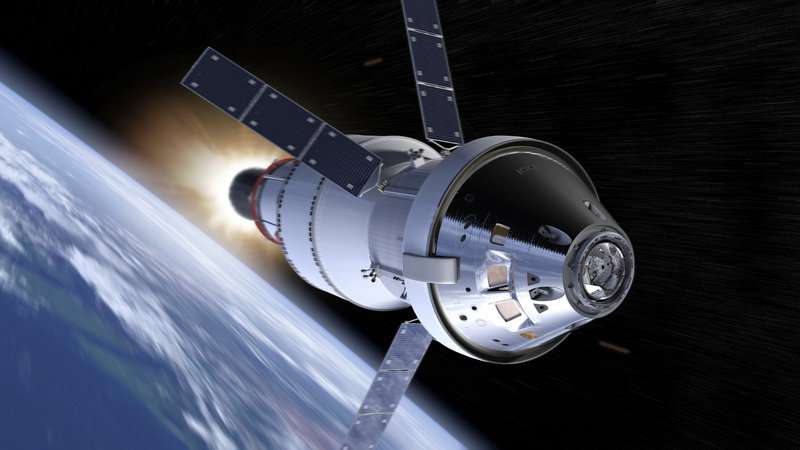Space Exploration and Innovation: The Future of Humanity
Space exploration has long been a symbol of human curiosity and the relentless pursuit of knowledge. Over the years, it has transformed from a lofty dream into a reality, reshaping not only our understanding of the universe but also advancing technological innovation here on Earth. As space agencies and private companies push the boundaries of space exploration, innovation continues to drive discoveries that could one day revolutionize life on our planet.
One of the most significant benefits of space exploration is the technological advancements it has sparked. Technologies initially developed for space missions have had profound impacts on industries like telecommunications, medicine, and materials science. Here are a few examples of how space exploration drives innovation:
Advanced Communication Systems: Satellites, a byproduct of space exploration, are essential for modern communication. They enable global internet connectivity, GPS navigation, weather forecasting, and more. Without satellite technology, many of the communication tools we take for granted today would not be possible.
Medical Advancements: Space research has led to breakthroughs in medical technologies. For example, the development of lightweight and compact medical imaging devices, such as portable ultrasounds, owes much to innovations created for space missions. Additionally, NASA’s research into human health in space has helped improve our understanding of osteoporosis, muscle atrophy, and other health conditions.
Material Science: Space missions require the development of highly durable materials that can withstand extreme temperatures, radiation, and the harsh vacuum of space. These materials have been adapted for use in various industries, from aerospace to construction and even consumer products like athletic gear and fire-resistant clothing.
Sustainable Technologies: Space exploration is pushing the development of sustainable technologies, including solar energy systems, water purification methods, and energy-efficient life-support systems. These innovations are not only crucial for long-duration space missions but also have the potential to address global challenges related to resource management and environmental sustainability on Earth.
In recent years, private companies have played an increasingly important role in space exploration. Companies like SpaceX, Blue Origin, and Virgin Galactic are leading the charge to reduce the cost of space travel, making space more accessible and opening up new possibilities for innovation. For example, SpaceX’s reusable rockets have revolutionized space travel, significantly lowering the cost of launching payloads into orbit and making space more commercially viable.
The rise of private space ventures has also sparked competition, driving further advancements in space technology. SpaceX’s Starship, designed to be a fully reusable spacecraft, aims to carry humans to the Moon, Mars, and beyond, marking a new era in interplanetary exploration.

The Future of Space Exploration
Looking ahead, the future of space exploration is full of exciting possibilities. Here are some key areas where innovation will continue to shape the next frontier:
Mars Colonization: NASA and private companies like SpaceX are working on plans to send humans to Mars in the coming decades. This ambitious goal will require significant advancements in life support systems, propulsion technology, and sustainable resource management.
Space Mining: Asteroid mining could become a game-changer for Earth’s resource supply. With the development of technologies to extract valuable minerals from asteroids, space exploration could provide solutions to resource scarcity on Earth, from metals for electronics to water for space habitats.
Quantum Technologies: Space exploration could also drive the development of quantum computing and quantum communication technologies. These breakthroughs could revolutionize computing power, security, and data transmission, benefiting both space missions and everyday life.
Space Tourism: As private companies continue to innovate, space tourism is becoming a reality. Companies like Virgin Galactic and Blue Origin are developing spacecraft that can carry civilians into suborbital space, offering an unprecedented experience of viewing Earth from above.
Space exploration and innovation go hand in hand, constantly driving each other forward as we seek to understand the universe and improve life on Earth. The advancements driven by space missions—whether in communication, medicine, materials science, or sustainable technology—have far-reaching implications for industries across the globe.
Source: https://www.herox.com/blog/1022-why-space-exploration-is-necessary-for-the-future





